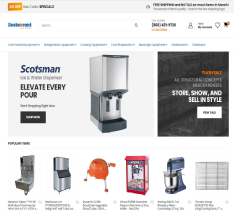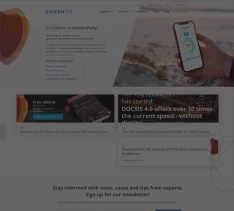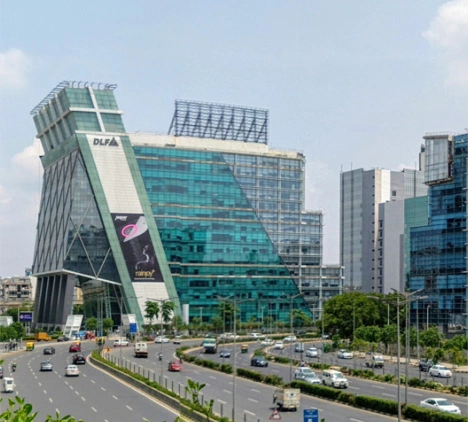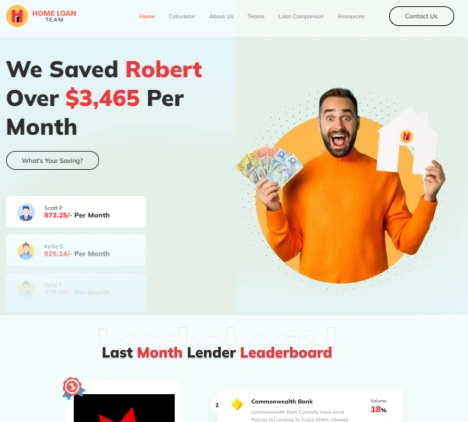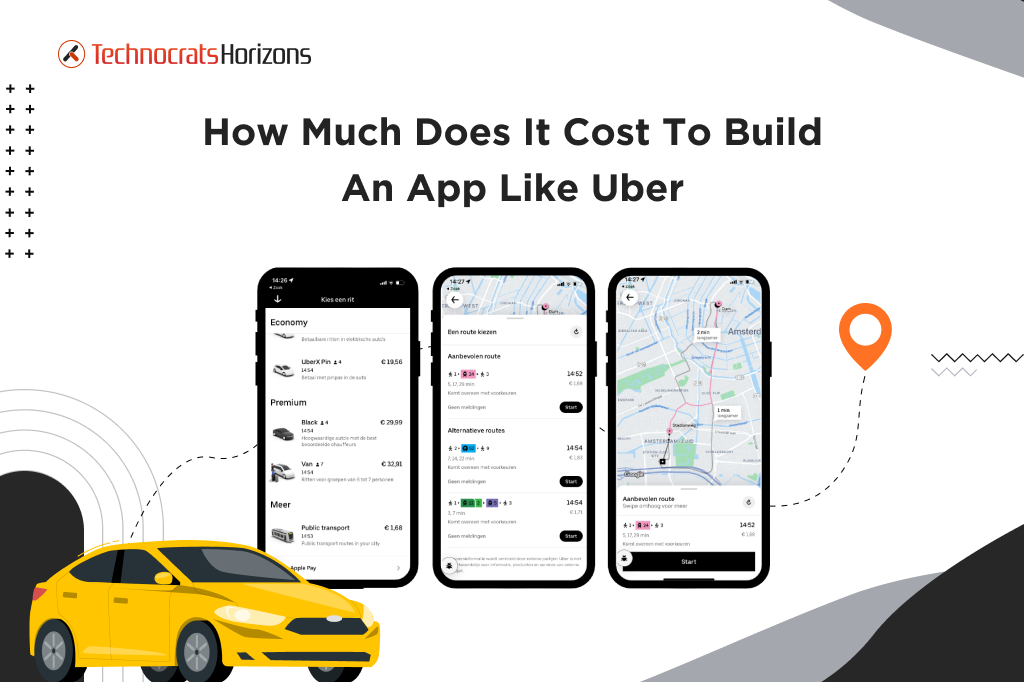In modern busy city life, people need constant transportation to go from one place to another. Having your own vehicle can help, but it can be expensive or impractical in a very busy city.
This is the problem Uber identified very early and launched their app to capture this market. Ever since its launch, it has been a huge success with its market value reaching $168.25 billion in 2024.
Almost every user has an app on their smartphone for booking taxis. On-demand service apps are becoming more and more popular, and they have some interesting features and user interfaces. Surely, many businesses are looking to build an app like Uber. Are you one of them?
The biggest benefit of mobile apps is that they provide travelers with the highest level of transparency. Developing your own Uber app and other on-demand ride services allows customers and service providers to trade services in exchange for money. It’s a profitable venture.
How Does Uber Work?
From the standpoint of the traveler, Uber is the ideal solution for traveling. When you call a cab, you don’t have to stop what you’re doing because the driver will know where to pick you up, you’ll see him approaching, he’ll arrive promptly, and you won’t need to pay with cash. It is also ideal for drivers who want to work on demand.
To get started, simply download the app, register as a driver, and you’re good to go. You get to pick when to work, how many rides you take, and how much money you will make per kilometer. Overall, everyone wins in this scenario.
Step 1: The first step is downloading and installing the app from the App Store or Play Store. Then register yourself by entering information and adding your preferred payment option for quick payments.
Step 2: To book a cab, users only need to open the Uber app, allow location access, and fill in pick up and drop location. Then, you get all the details like car model, pickup and drop time, driver’s location, etc. If everything’s convenient for you can go ahead and book the ride.
Step 3: The driver receives the ride request and has the option to accept or reject it. You can easily track the driver’s movements and your ride once it begins.
Step 4: The driver arrives at your location, you’re asked for an OTP and the ride begins. When you reach the drop location it automatically ends and you receive a payment request.
Step 5: You make the payment by your chosen option and then, you get an acknowledgment receipt.
Step 6: Based on the behavior, car condition, and ride quality, both the driver and the passenger can review one another. It helps with maintaining quality.
Key Factors That Affect The Cost To Build An App Like Uber
Uber as an app is very complex when it comes to its size, features, and functionalities. However, we have broken it down to the key factors that impact the cost to build an app like Uber:
Product Design
You must first decide the scope and product design of your app. These include user profile creation method and signing in, payment choices (such as credit card or Apple Pay), service definitions, app integration with other systems like Google Maps, and other settings for each user.
You actually have to design two different products that will suit the needs of those groups in terms of functionality, smooth operation, and payment security because the app will be utilized by two different groups (service users and service providers).
Supported Platforms
Believing that the majority of your customers will use either iOS or Android could be a big mistake. Before committing to any platform, research your target market and the platforms they use.
Never skip this stage or you run the danger of investing in the wrong app which won’t bring you the required user base. If your target audience is distributed equally across the platforms, you should consider multi-platform development.
UI/UX Design
Just having visually appealing interfaces is not enough, user experience is equally important. It incorporates the proper information architecture, user flow, page structure, and interface layout.
Knowing your target market is essential to creating a wonderful user experience and user interface. Analyzing target audiences drives up the cost of producing Uber-like apps, much as designing logos and other branded elements does.
UI/UX Design for Android and iOS apps can cost approximately $1,500 to $3,500 for 60 hours, while cross-platform development can cost up to $1,650 to $4,500 for 75 hours.
Backend Development
Generally with on-demand riding apps, there’s a huge amount of users, drivers, and other crucial data. Your taxi app needs robust and stable cab management software to handle such large data sets.
Your backend developers need to be able to offer safe connections to every data source, consistent connections to every payment system, and other channels of communication. Additionally, an effective backend system should be able to connect data effortlessly to the application’s drivers and users’ interfaces.
Features and Complexity
The complexity and features of an app are the main factors that influence the cost to build an app like Uber. The more features you add, the more expensive it gets. To improve app notifications functionality, you might use AI and machine learning in addition to a traditional technology stack.
All of these technologies increase the cost to build an app like Uber or Lyft.
For Android and iOS, adding fundamental functionalities like ride scheduling, a cashless payment portal, geolocation and routing, and app notifications may cost you between $2,500 and $3,000.
Tech Stack
Since Uber’s API is now publicly available, you can use it to develop an app that functions similarly to Uber. If not, you can make a list of all the technological integrations required for developing an Uber-like app.
In addition to integrations, specifying other technologies and programming languages is part of the planning process. You can build iOS and Android apps using the Swift and Kotlin programming languages. For the app backend, you can use a variety of languages such as Python, Java, PHP, Ruby on Rails, Node.js, etc.
Do You Want To Create An App Like Uber?
Here’s a complete breakdown of the technologies required to build an app like Uber:
Development Partner
Now this also plays a significant role in deciding how much it costs to build an app like Uber. When it comes to app development partners, there are plenty of options out there. They all come with different costs. Here are the three main options –
- Hiring an In-house Team- This is a very convenient option as you can monitor the entire development process and make necessary changes as you go. However, it can be a bit costly since you’ve to hire an entire team, and after the process is done, they don’t serve much purpose.
- Freelancers- This option is best if you’ve limited funds. Just go through employment portals like Upwork, Toptal, or LinkedIn, and you will find plenty of options. On the flip side, they are difficult to manage and you might face quality issues.
- Outsourcing- If you want to build an app like Uber in the most cost-efficient and streamlined way, this is the best option. Just outsource your app project to a company locally or internationally and they will deliver the project to you. Although it can be difficult to manage, you get everything under one roof without any hassles.
Cost To Build An App Like Uber: Customer-side Features
Users use on-demand ride apps for convenience and to offer that convenience, it needs to have certain features. Here’s a breakdown of the customer-side essential features and how much they cost –
Ride Booking
Users can easily book rides from one location to another. They have the option to select the kind of ride they want, like Uber Go, Uber Prime, or UberXL.
Real-time Tracking
It allows users to see where the ride is, and where they are going, and check the estimated time of arrival. You can enhance this feature by allowing them to share their real-time tracking status.
Rating and Feedback System
If you want to invest in an Uber-like app, you need to incorporate a rating and feedback feature. This feature allows users and drivers to share reviews of each other and boost the app’s quality.
Multiple Payment Options
It needs to have multiple payment options like credit/debit cards, digital wallets, or cash. You can deliver these options with the help of APIs.
Fare Estimation
Users need to know how much the ride is going to cost them based on their chosen vehicle, time, and distance. It helps them to choose the most feasible option.
Split Fare
People share rides all the time and this feature lets them split the fare between many people. This is a very convenient option for co-workers or friends.
Promotions and Discounts
You need the users to stay hooked to your app and for that, you need to keep them updated with the latest promotions and discounts. You would need push notifications and in-app integrations to provide this feature.
Emergency or Call Assistance
Safety is the primary concern for people taking rides. These features let users connect to emergency assistance in case they need it. Also, the call features allow users to connect with their drivers to ask for location securely.
| User-Side Features | Development Time | Estimated Cost |
| Ride Booking | 80-100 hours | $2,400 – $5,000 |
| Real-time Tracking | 60-80 hours | $1,800 – $4,000 |
| Fare Estimation | 40-60 hours | $1,200 – $3,000 |
| Multiple Payment Options | 60-80 hours | $1,800 – $4,000 |
| Ride History | 40-60 hours | $1,200 – $3,000 |
| Rating and Review System | 60-80 hours | $1,000 – $3,000 |
| Promotions and Discounts | 40-60 hours | $1,200 – $3,000 |
| Emergency Assistance | 40-60 hours | $1,200 – $3,000 |
Let's discuss the cost of developing an app
Cost To Build An App Like Uber: Driver-side Features
Drivers have a huge role to play in an app like Uber. They are the ones providing their services to you and you need to make it convenient for them. Do this by adding the below-given features and also get an idea about the cost to build an app like Uber based on the driver-side features –
Driver Dashboard
It has everything from navigation tools to ride information to incoming ride requests. It lets drivers access all the information in one place.
Accept or Reject Ride Requests
Sometimes drivers are at a far location or simply not available to take the ride. They need to be able to accept or reject the rides as per their availability and convenience.
Navigation Assistance
This feature is a lifesaver for drivers. Your app needs to have built-in navigation assistance to optimize routes and check the pickup and drop locations.
Income Tracking
When it comes to on-demand ride providers, keeping track of their earnings can become hard. The earnings tracking feature lets drivers access all information about rides taken, time spent, and earnings per ride or month.
Document Upload and Verification
Since you’re not directly hiring drivers for exclusive services, you would need to perform a background check. The drivers can directly upload their verification documents through this feature and have themselves verified.
Offline Mode
To manage drivers’ working hours, this feature is crucial. It lets drivers go into offline mode when they’re not available to take the ride.
| Driver-Side Features | Development Time | Estimated Cost |
| Driver Dashboard | 60-80 hours | $1,800 – $4,000 |
| Accept/Reject Requests | 40-60 hours | $1,200 – $3,000 |
| Navigation Assistance | 40-60 hours | $500 – $1,000 |
| Earnings Tracking | 40-60 hours | $500 – $1,000 |
| Document Upload and Verification | 60-80 hours | $1,800 – $4,000 |
| Driver Incentives | 40-60 hours | $1,200 – $2,000 |
| Offline Mode | 40-60 hours | $500 – $1,000 |
Cost To Build An App Like Uber: Back-End Features
This is the third app you will have also called the web app or simply, admin panel. Here you can see and manage everything. This is a very essential component to keep everything under control and therefore, needs a particular set of features.
User Management
This feature lets you overview all the users’ and drivers’ information in a single place. You can also update new information here and manage everybody from the same place.
Monitoring the Rides
You need to be able to overview rides at any given point in time. You can check past rides or track the ongoing ones through this feature.
Geofencing and Location Management
If you want your app to function in a limited area, then incorporating this feature is essential. It lets you decide how much area you want to cover with your services and it helps in allocating the drivers as per your location.
Payment Management
Keeping track of all payments and payment gateways is very significant to properly managing your finances and reporting. This feature allows you to track all payments and make proper reports.
Promotions and Marketing
Building trust and loyalty can take you far in such a competitive domain and for that to happen you need to offer promotional offers and discounts. You can do all of that through the backend.
Customer Support Dashboard
Customers are at the core of any business and when you get into on-demand services, you need to provide adequate customer support. You can integrate a customer support dashboard to receive, manage, and resolve all users’ issues.
| Admin-Side Features | Development Time | Estimated Cost |
| User Management | 40-60 hours | $1,200 – $3,000 |
| Ride Monitoring | 40-60 hours | $1,200 – $3,000 |
| Geofencing and Location Management | 60-80 hours | $2,000 – $4,000 |
| Payment and Billing Administration | 60-80 hours | $2,000 – $4,000 |
| Promotions and Marketing | 40-60 hours | $500 – $1,200 |
| Driver Onboarding and Verification | 60-80 hours | $1,800 – $3,000 |
| Customer Support Dashboard | 60-80 hours | $2,000 – $4,000 |
How Much Does it Cost To Design An App Like Uber?
App development is similar to building a house; it involves more than simply coding. The plan (UX/UI design) comes before the building blocks (code). You have to create two distinct “houses”: one for the drivers and one for the passengers.
The design process begins with the wireframes. It is the user experience, design, and functionality blueprint for your app. In total, this takes 60–80 hours.
After that, use the UI mockups to add some color and design. This process takes an additional 50–70 hours for a single platform. It takes 40–60 hours to complete the UX wireframes. The mockups of the user interface take about 50–70 hours on a single platform.
Therefore the entire designing process itself can take from 200-300 hours depending upon attention to detail.
Final Cost to Build an App Like Uber
It should be evident by now that a variety of factors affect how much it costs to build an app like Uber. However, there are some components you can consider to get an approximate estimation.
Developing web/mobile interfaces for both supply and demand is a necessary step in developing an MVP for an on-demand platform. Furthermore, you need to decide which platform to go for, iOS or Android or cross-platform.
Another factor is the nerve center/admin panel, which serves as both a dashboard and a CRM to manage some of the crucial processes. The APIs, which are a component of the cloud-based backend infrastructure and run on top of central databases and control logic, hold everything together.
Development costs could go up to $100k, assuming the platform architecture is scalable and can process 500–1000 transactions per day straight immediately.
At Technocrats, we can cut costs and time by approximately 30% by utilizing an advanced tech stack and agile development process. Though we develop on-demand apps beginning from $5,000, your requirements will decide the final app development costs.
How We Can Assist to Build Uber-Like App
Uber’s on-demand ride-hailing business model has revolutionized urban transportation and gained widespread traction across the globe. However, you need modern technologies and skilled developers to create on-demand riding apps, and Technocrats is a leading provider of both.
Technocrats, with its cutting-edge tech stack and user-centric approach, creates exceptional on-demand apps that propel businesses forward in the dynamic mobile app market. For those seeking to develop an on-demand application like Uber affordably, we are the ideal partner. Reach out to our team to discuss your app idea.
Do you want to hire a skilled app developer for your project?
FAQs:
How much does it cost to build a taxi app?
It is hard to give a correct estimate. Visual layouts, application prototypes, component implementation, internal testing, and application deployment support are all included in the development cost. Depending on the hourly rate, developing an app similar to Uber might potentially cost more than $100,000 US dollars net (average price estimation).
However, if you have an idea for a taxi app like Uber, developing it with the proper partner like Technocrats might be the best choice you’ve ever made.
What factors influence Uber-like app development costs?
Factors such as features, platforms, the intricacy of the design, size and location of the development team, and maintenance might affect the cost and length of development.
Where should I outsource Uber app development?
There are plenty of reasons you should outsource your app project. First and foremost, you can control the cost of building an app like Uber when you choose outsourcing. You get everything under one roof and you don’t have to hire or manage additional team members.
Outsourcing to countries like India can be very cost-effective for this project. If you’re looking for an outsourcing company to build your app, choose Technocrats. We have an entire development team to work on your project from business analysts to app designers to quality testers.
How long does it take to build an app like Uber?
Depending on the complexity of the project and the number of features you would like to include, developing a taxi booking app similar to Uber can take anywhere from eight to twenty-four weeks. The size of the development team, and whatever framework you already have in place can all impact how long it takes.
Finding skilled developers who can produce an application that satisfies your requirements is critical to guarantee that your project is finished on time and accurately.
AI is the future of technology! Adapt Now!
Get a free consultation to see how our AI experts can transform your business processes.


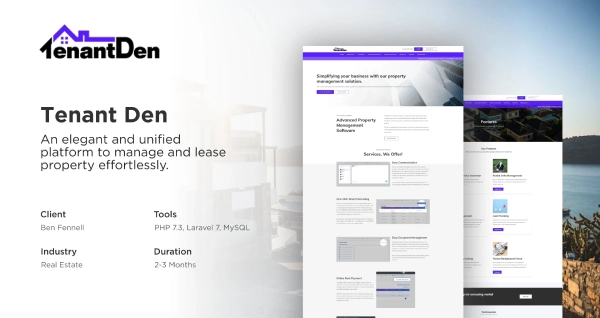
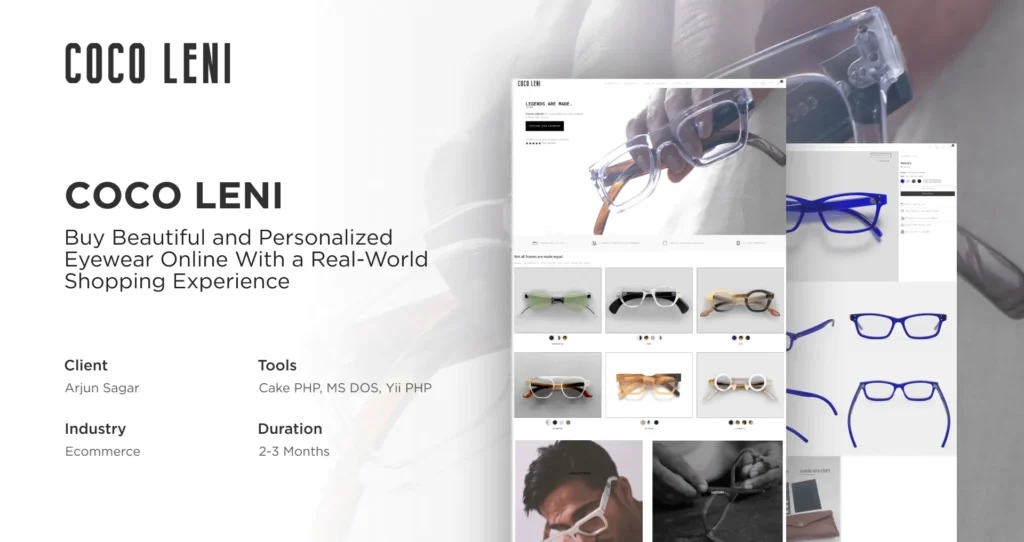
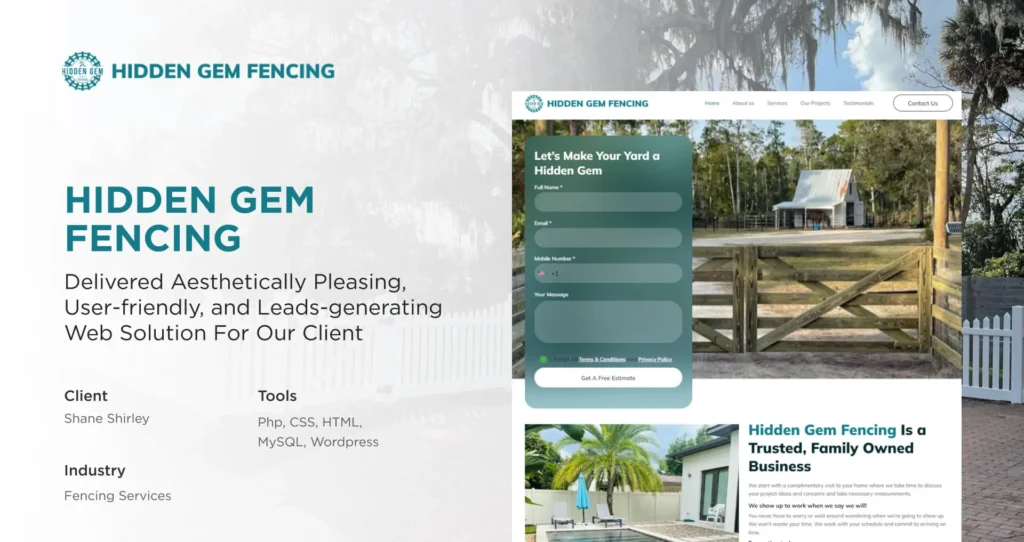
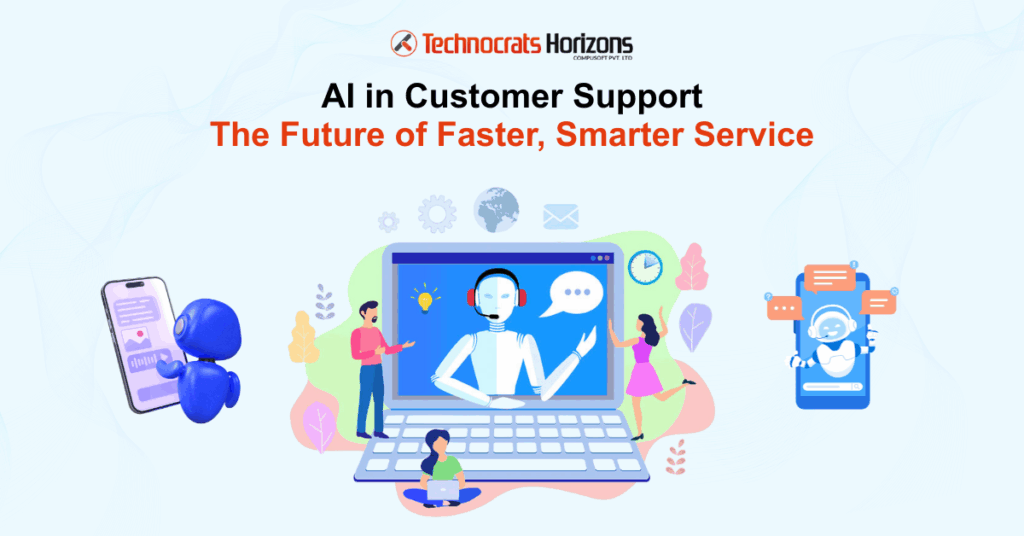
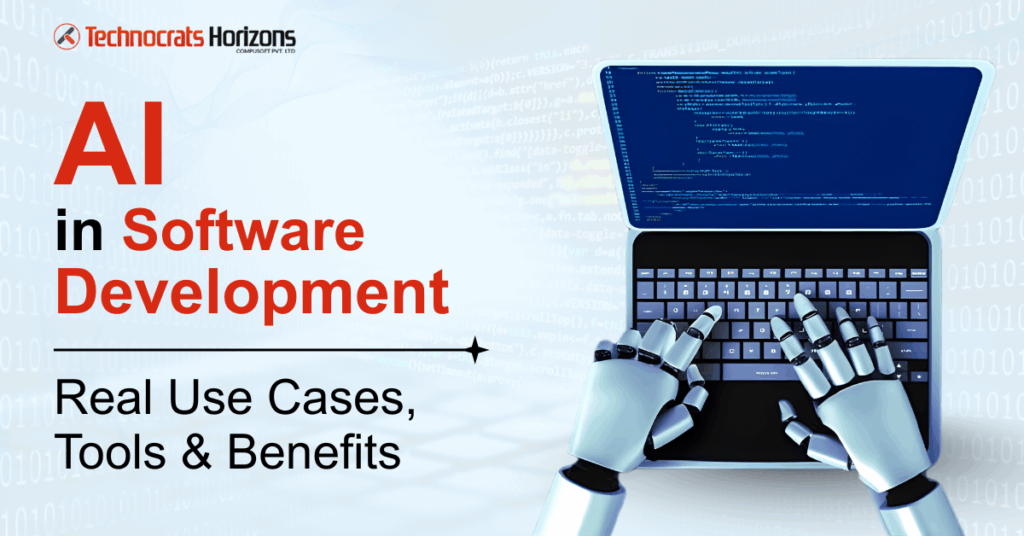


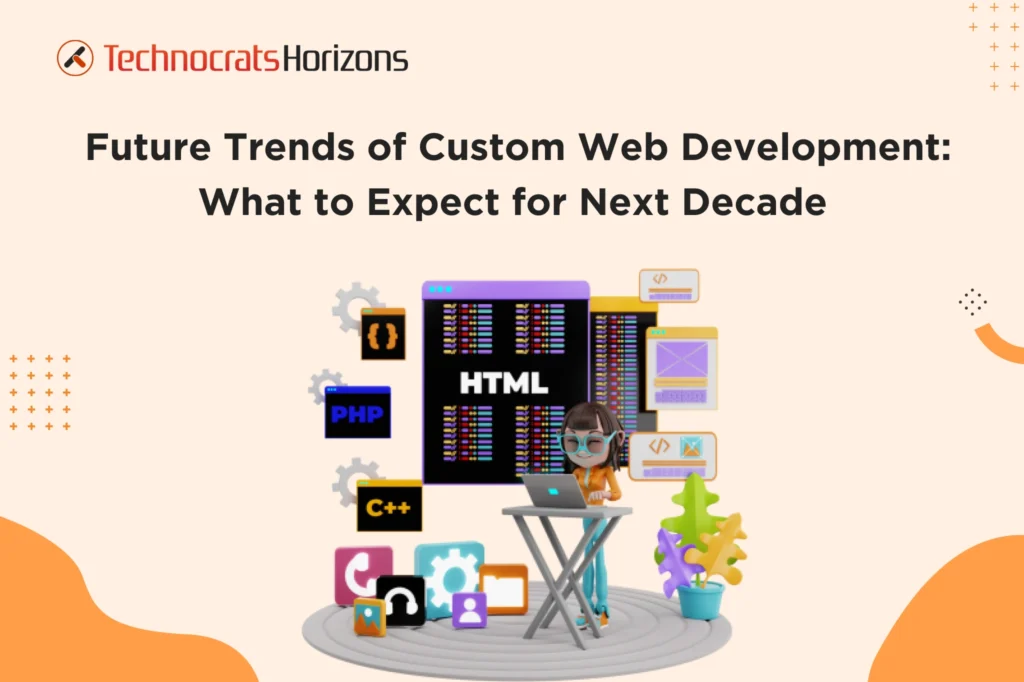
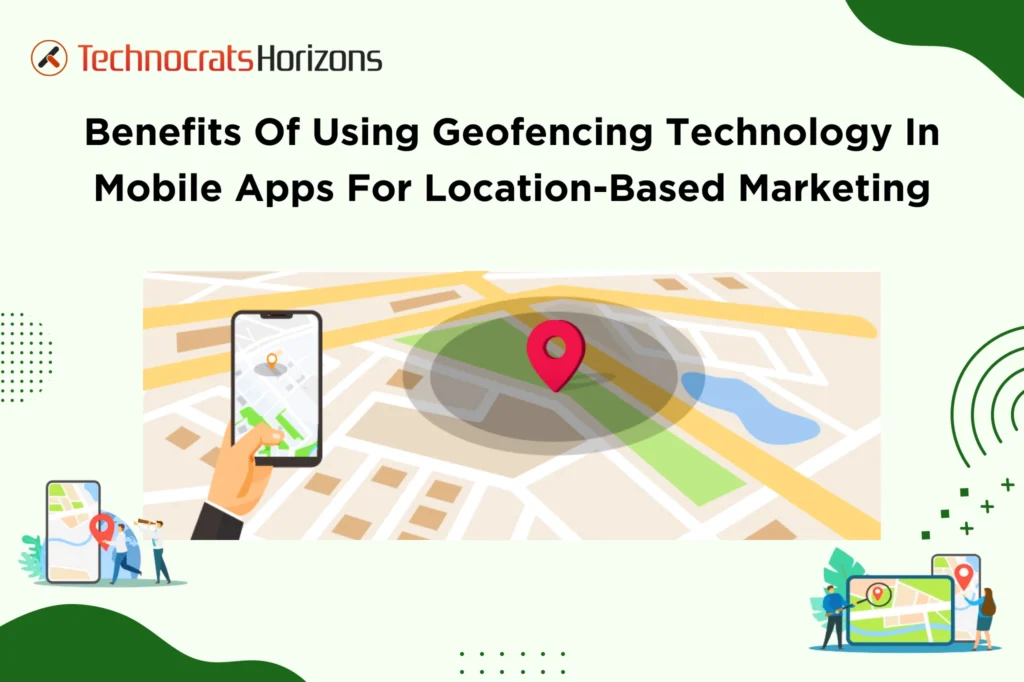
 Request a
Request a













